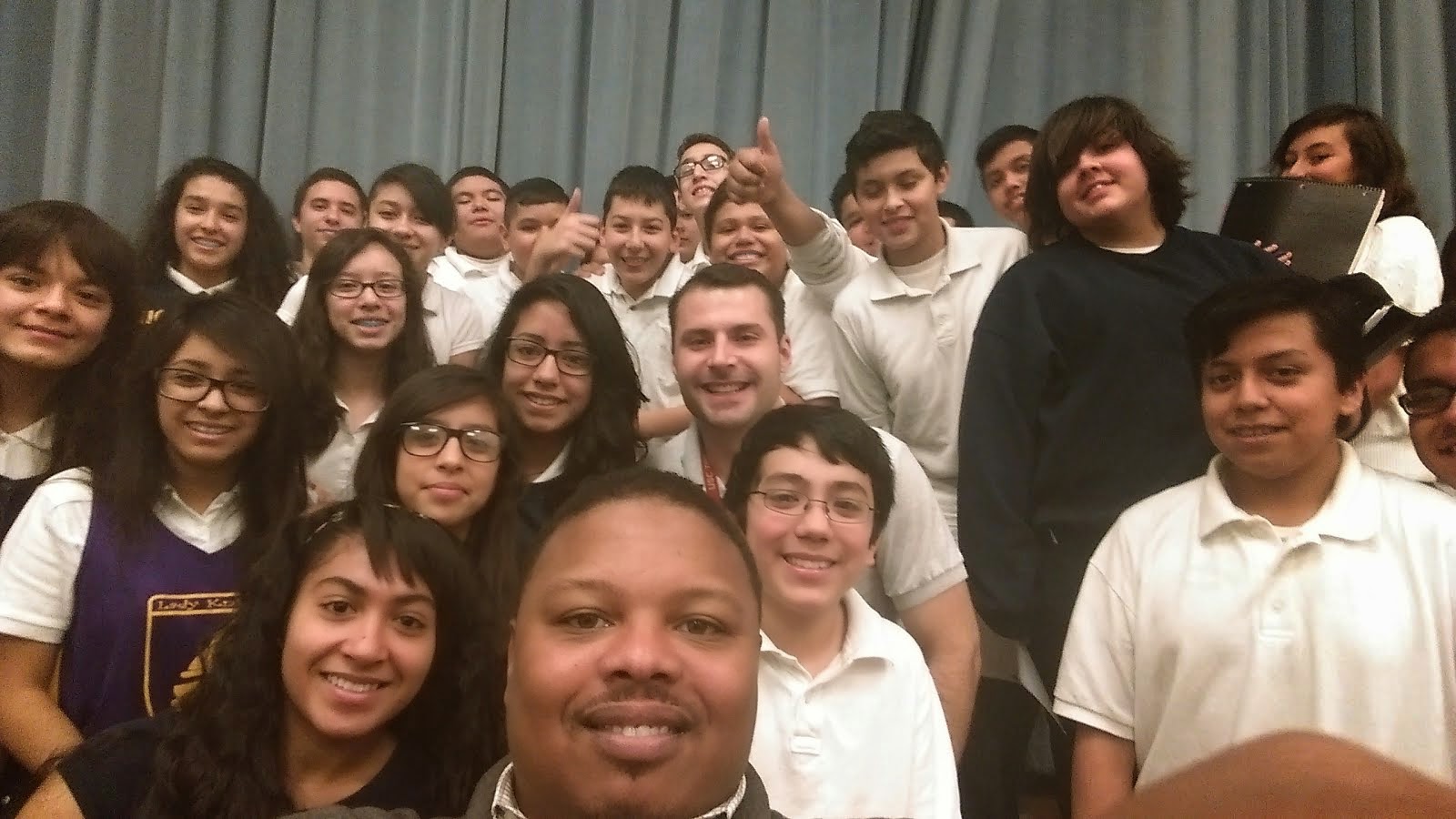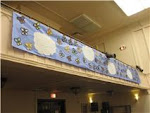Monday, May 7, 2012
Research Practice
Directions: Skim the article below. Give me one summary, paraphrase, and direct quote from the article with a citation for each. Remember the citation for an internet article is the title of the article in quotes.
Taking Your Children to Europe
By Rick Steves
Resources for Traveling with Kids in Europe
Common sense and lessons learned from day trips at home are your best sources of information.
Take Your Kids to Europe is full of practical, concrete lessons from firsthand family-travel experience, and the only good book I've seen for those traveling with kids ages 6–16 (by Cynthia Harriman, Globe Pequot Press, 8th edition, 2007).
The best book I've found on traveling with infants is Lonely Planet's Travel with Children (5th edition, 2009), which covers travel worldwide, including Europe.
For families interested in hiking, biking, and sailing abroad, pick up Adventuring With Children: An Inspirational Guide to World Travel and the Outdoors (by Nan Jeffrey, Avalon House, 1995). Cadogan offers many worthwhile books in its Take the Kids series, including books on London, Paris, Ireland, and more.
Also consider:
•Fodor's Around London with Kids, Around Paris with Kids, Around Rome with Kids, and Family Adventures.
•For solo parents, there's Brenda Elwell's Single Parent Travel Handbook (Globalbrenda Publishing, 2002).
European families, like their American counterparts, enjoy traveling. You'll find more and more kids' menus, hotel playrooms, and kids-go-crazy zones at freeway rest stops all over Europe. Your child will be your ticket to countless conversations. Traveling with an infant or toddler can be challenging, but parents with a babe-in-arms will generally be offered a seat on crowded buses, and sometimes be allowed to go to the front of the line at museums.
Grade-school kids are often the easiest travelers, provided you schedule some kid-friendly activities every day. They're happiest staying in rural places with swimming pools and grassy fields to run around in.
High-schoolers feel that summer break is a vacation they've earned. If this European trip is not their trip, you become the enemy. They crave the bright lights and action of the big city. Ask for their help. Kids can get excited about a vacation if they're involved in the planning stages. Consider your teen's suggestions and make real concessions. "Europe's greatest collection of white-knuckle rides" in Blackpool might be more fun than another ruined abbey.
My kids are young adults now, but I remember what it was like taking them to Europe. I've included the lessons I've learned from parenting in Europe, along with tips collected from readers on this website's Graffiti Wall.
International adventure is a great foundation for a mountain of memories. The key to a successful family trip is making everyone happy, including the parents.
Planning
You'll need the proper documents. Even babies need passports. If you're traveling with a child who isn't yours (say, a niece or grandson), bring along a signed, notarized document from the parent(s) to prove to authorities that you have permission to take the child on a trip. Even a single parent traveling with children has to prove the other parent has given approval.
Specifically, the letter should grant permission for the accompanying adult to travel internationally with the child, including dates, destination countries, and address and phone number where the parent(s) at home can be reached. Family Travel Forum provides a sample form that you can print or use as a guideline. If you have a different last name from your child, it's smart to bring a copy of the child's birth certificate (with your name on it). For parents of adopted children, it's a good idea to bring both the birth certificate and adoption decree.
You may want to bring extra passport photos with you. Since infants and toddlers change so quickly, carry photos that were taken for the passport, as well as ones taken close to your departure date. For children at any age, take an official copy of his or her birth certificate, along with a photocopy of the child's passport. Keep these separate from your passports — these documents will allow you get a replacement passport for your child quickly and easily.
Most parents hold onto their kids' passports, but if you have older children that will be out on their own, you might get them a money belt or neck pouch for carrying their cash and ID.
You'll find that because you are in a foreign country, your kids are more likely to stick close to you. But if you're worried about your younger children getting lost, be ready to drape a lanyard around each kid's neck with emergency contact information, or consider ordering custom dog tags (see www.dogtagsonline.com). Give each child a business card from your hotel so they have local contact information. Another option is a ID Inside wristband, with a hidden pocket that holds a disposable ID card. You can easily switch out the ID card, updating your hotel name and contact information as you travel. Or try the Lost & Found Temporary Tattoo, a washable tattoo with a space for you to write a contact phone number.
Before your trip, encourage your kids to learn about the countries, cities, sights, and people they'll be visiting. Even simple Wikipedia articles can provide enough background to pique a child's curiosity. Read books such as The Diary of Anne Frank for Amsterdam or The Thief Lord for Venice. Watch movies together, such as The Sound of Music for Salzburg, The Red Balloon for Paris, or The Secret of Roan Inish for Ireland. Your hometown library can be a great resource for age-appropriate books and movies.
Get a jump on foreign phrases, learning the top 20 or so before you leave home. Capitalize on whatever hobbies your kids have or games they play that may relate to the history of the places you're visiting, especially if your family has some sort of connection to the "old country." Give your kids the chance to try out foreign specialties in advance by eating at ethnic restaurants, or get a cookbook and make meals together at home. Many US cities host celebrations of different cultures — look for Greek, French, Italian, Hungarian, or other European festivals in your town for your family to enjoy.
http://www.ricksteves.com/plan/tips/kids.htm
Subscribe to:
Posts (Atom)



